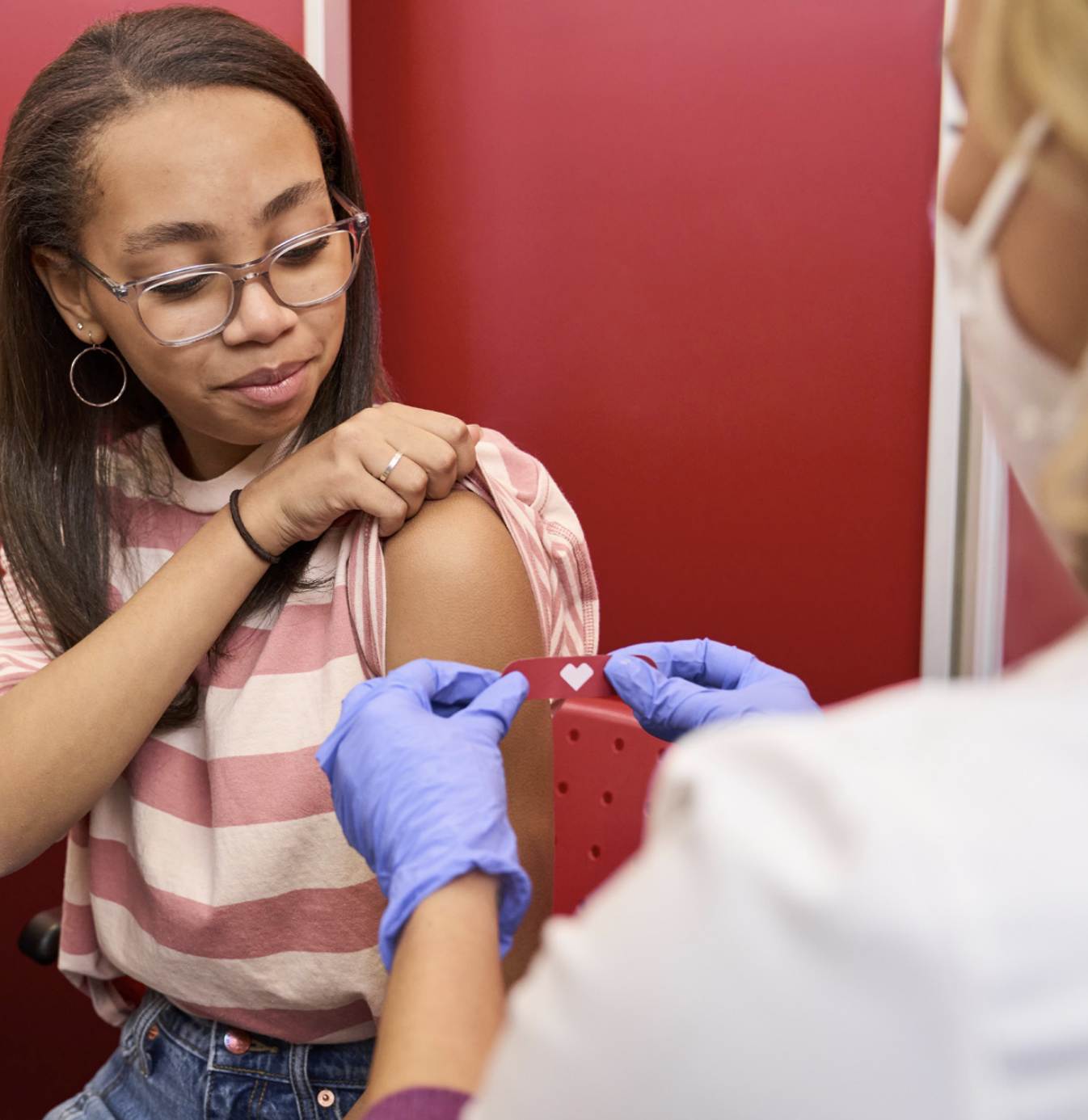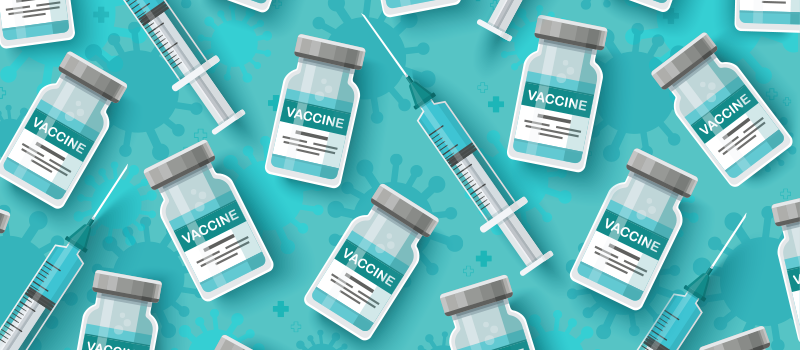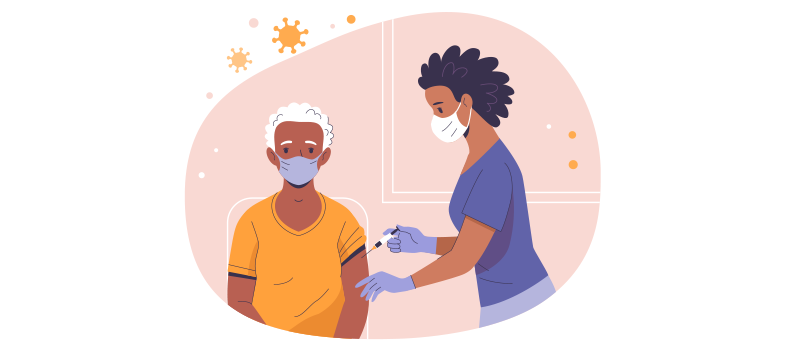What’s the Buzz
The Bee Healthy Blog
Who Should Get the Dengue Fever Vaccine?

A dengue vaccine called Dengvaxia, made by Sanofi Pasteur, became available in the United States in 2022. It is a dengue tetravalent vaccine that prevents infection from four dengue viruses and lowers the risk of severe disease and hospitalization. But dengue vaccines are not recommended for everybody. Please continue reading to find out who should get the dengue vaccine.
What is a dengue virus infection?
Dengue, also called break-bone fever, is caused by the dengue virus (DENV). There are four dengue serotypes 1, 2, 3, and 4. They cause a viral infection that spreads to humans through the bite of an infected mosquito.
Dengue is more common in tropical and subtropical regions, with 70% of the cases occurring in Asia, according to the World Health Organization (WHO). In North America, dengue is common in US territories such as Puerto Rico, American Samoa, and the U.S. Virgin Islands as well as some freely associated states such as the Marshall Islands, Micronesia, and Palau.
Most people don’t develop any symptoms or develop a mild disease after getting a dengue infection. Approximately 1 in 4 people develop symptomatic dengue. Symptoms include a high fever of up to 104 degrees Fahrenheit, headache, pain behind the eyes, muscle pain, swollen glands, rash, nausea, and vomiting. The symptoms usually last for 4-7 days. Most patients with dengue recover within a week, although there can be some lingering tiredness for several weeks.
Severe dengue can cause additional symptoms such as severe fatigue, weakness, restlessness, irritability, fast breathing, cold and clammy skin, increased thirst, severe abdominal pain, persistent vomiting more than 3 times a day, bleeding from the gums or nose, and blood in vomit or stool.
Who is most vulnerable to dengue fever?
Americans who travel to tropical or subtropical areas are at a greater risk of developing dengue infection. People who have had a previous infection with dengue are more likely to develop severe dengue.
Which age groups are more prone to dengue fever?
Infants and pregnant women are at higher risk for developing severe dengue compared to other populations.
Is severe dengue fatal?
Yes, severe dengue disease can be fatal. Approximately 1 in 20 people who get infected are severe dengue cases requiring hospitalization. Severe dengue can result in complications such as dengue hemorrhagic fever, internal bleeding, shock, and even death.
What is the treatment for confirmed dengue?
There is no specific treatment for dengue except rest, fluids, and acetaminophen for fever and pain control (do not take aspirin or ibuprofen as these medications can increase the risk of bleeding). It’s important to seek medical care immediately if you develop symptoms of severe dengue (see above).
Find Cost Savings On Your Pain Medications
How to reduce the risk of dengue?
You can protect yourself against the dengue virus through mosquito control. Cover as much of your body as possible by wearing long sleeves, pants, etc. Use mosquito nets, screens, mosquito repellent, vaporizers, and coils.
Who should get the dengue vaccine?
The Centers for Disease Control and Prevention (CDC) recommends that children between 9 and 16 years of age should get the novel tetravalent dengue vaccine, Dengvaxia. However, children in this age group should only undergo dengue vaccination if they have had a previous dengue illness and live in an area where dengue infections are common. The previous dengue virus infection should be confirmed through pre-vaccination screening and laboratory testing.
The dengue vaccine is different from most vaccines in that it is only for people who have had a past dengue infection confirmed by serological testing. If the dengue vaccine is given to a child who has not had a previous dengue infection, the child is at an increased risk of severe dengue if they get infected after vaccination.
Before giving your child the Dengvaxia vaccine, which protects against the dengue virus, your child’s healthcare provider will confirm a previous dengue virus infection with laboratory testing.

Schedule a vaccination
You have options when it comes to getting vaccinated. CVS Pharmacy is one option available to you. Verify network coverage with your health insurance plan.
How effective is the dengue vaccine in adults?
The dengue vaccine, Dengvaxia, is not approved for use in adults. It is approximately 80% effective in protecting children from dengue infections, the need to be hospitalized, and severe dengue. Again, the vaccine is only for children with laboratory-confirmed previous dengue.
The vaccine provides protection against all four dengue virus serotypes 1 through 4. Current data suggests that the vaccine protects against dengue viruses for at least 6 years. Over time, we will know exactly how long the protection lasts.
Although vaccine efficacy is high in preventing dengue infection, hospitalization, and severe dengue, it is not 100%. There is a low risk that vaccinated children can still get infected with dengue. This is called a vaccine breakthrough dengue infection.
How many doses of the dengue vaccine do you need?
Vaccine recipients receive the shot subcutaneously (under the skin). For complete protection, the immunization schedule consists of three doses given 6 months apart. So, if you get the first dose today, you would get the second dose in 6 months and the third dose 12 months after your first dengue vaccine dose.
What are the contraindications for dengue vaccine?
The following people should not get the dengue vaccine:
- Children under 9 years of age (they are unlikely to have had a previous dengue infection, which is a precondition for dengue vaccination)
- Anyone over 16 years of age (vaccine safety and clinical efficacy of the dengue vaccine have not been established in people over age 16)
- Children who have not been previously infected with the dengue virus
- Children who have previously had a severe allergic reaction to the dengue vaccine or have a life-threatening allergy to any ingredient in the vaccine
- Children who are immunocompromised (have a weakened immune system)
- Travelers to dengue endemic areas do not need to undergo dengue vaccination but should follow mosquito prevention measures to lower the risk of dengue infection.
The dengue vaccine, Dengvaxia, is not part of the regular immunization schedules for children in the United States. The dengue vaccination program is for specific populations only. Specifically, the dengue vaccine is only approved for children 9-16 years of age who are residents of areas where dengue is common and who have had a previous dengue infection.
References:












SOCIAL